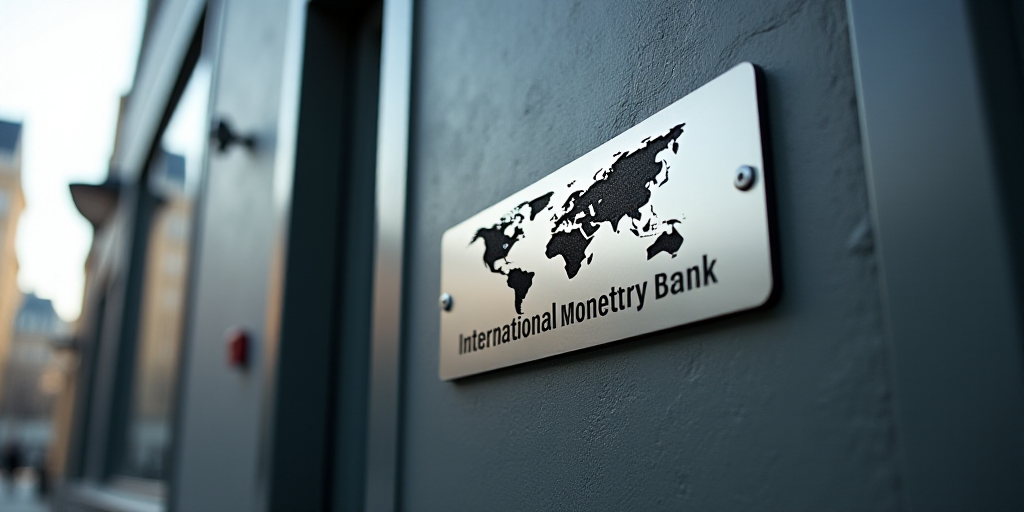Background on Kristalina Georgieva and Her Relevance
Kristalina Georgieva, the Managing Director of the International Monetary Fund (IMF), has been a prominent figure in global economic discussions. As the first woman to hold this position, she brings a unique perspective and extensive experience in economics and international affairs. Her leadership during the COVID-19 pandemic has been crucial in guiding countries through unprecedented economic challenges.
IMF’s Assessment of the Global Economy
The IMF has reported that while the global economy remains resilient amidst multiple shocks, including trade and geopolitical tensions, there are warning signs that could test this resilience. According to Georgieva, “the global economy is doing better than feared but worse than needed.”
Economic Growth and Policy Measures
- The IMF projects a slight slowdown in global growth for the current and next year.
- The organization acknowledges that many regions have implemented credible monetary policies, new fiscal rules, and swift global stimulus measures during the pandemic to mitigate immediate impacts and long-term scars.
- Emerging economies have also improved their policy frameworks and institutional settings.
Sector Adaptability and Trade Impact
Georgieva highlighted the private sector’s adaptability to changes in trade and emerging technologies like AI. Although initial fears of significant trade tariff impacts have not materialized, global trade openness has suffered. The IMF emphasizes that while a full-blown trade war was avoided, tariffs’ complete effects are yet to be seen.
Financial Conditions and Vulnerabilities
Favorable financial conditions, driven by optimism around AI and narrow risk premiums, along with the USD’s depreciation earlier in the year, have supported the global economy. However, Georgieva cautions that “global resilience has not been fully tested,” with warning signs suggesting a potential test, such as the rising global demand for gold.
Recommendations for Sustained Growth
Georgieva urges governments to aim for sustainable growth in the medium term, which requires increased private sector productivity and government provision of essential market elements, robust financial sector supervision, and independent yet responsible institutions.
Promoting Competition and Regulatory Clarity
“Competition is key, and regulation should not tolerate or create unfair advantages,” Georgieva emphasized. She called for a ‘regulatory cleanup’ to unleash entrepreneurial energy, supported by strong institutions and governance. “Now is not the time for self-harm; it’s time to establish order,” she summarized.
Fiscal Consolidation and Debt Management
Georgieva also stressed the need for governments to manage their finances prudently, as global public debt is projected to exceed 100% of GDP by 2029. This will enable them to absorb future shocks and address pressing needs without increasing private sector debt levels. Moreover, she advocates for addressing both internal and external imbalances to prevent them from becoming a growth detriment.
Key Questions and Answers
- What is the current state of the global economy according to the IMF? The global economy is resilient but faces warning signs that could test its strength, with a slight slowdown in growth projected for the current and next year.
- What factors have contributed to the global economy’s resilience? Credible monetary policies, new fiscal rules, swift global stimulus measures during the pandemic, and improvements in emerging economies’ policy frameworks have all played a role.
- What are the potential risks to the global economy? Rising global demand for gold, incomplete effects of tariffs, and possible market correction could lead to more restrictive financial conditions, hindering global growth and exposing vulnerabilities, particularly in developing countries.
- What recommendations has Kristalina Georgieva made for sustained global growth? Georgieva advocates for increased private sector productivity, robust financial sector supervision, independent yet responsible institutions, regulatory clarity, and prudent fiscal management.






